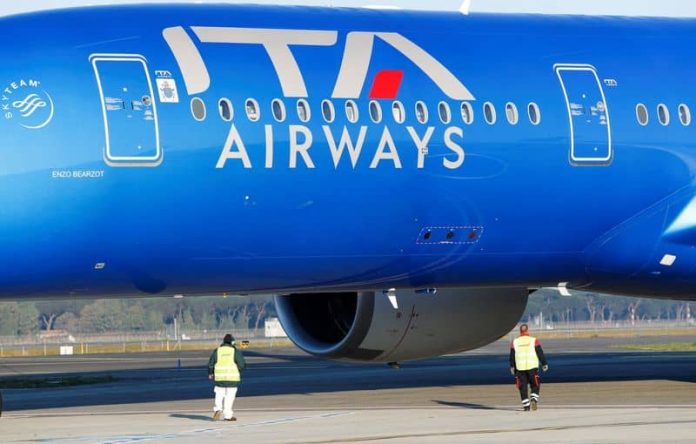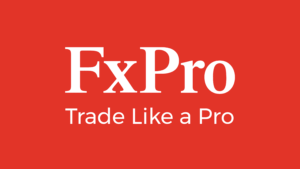LONDON/ROME (Reuters) – Lufthansa’s purchase of a minority stake in Italy’s loss-making ITA Airways injects fresh momentum into a wave of consolidation in Europe’s fragmented aviation market that could see more mid-tier national carriers snapped up.
The German group will be judged on whether it can make the successor business to Alitalia profitable in coming years, potentially setting the scene for large airline groups to swoop on more national carriers that have fallen prey to competition.
“It’s further evidence that consolidation in the European airline industry is continuing and in my view necessary,” Lufthansa CEO Carsten Spohr said of the deal last week.
“Success depends on scale and the ability to combine the strength of our operations under one roof.”
Portugal’s TAP, bailed out by the government during the pandemic, and Scandinavia’s SAS, trying to emerge from bankruptcy proceedings, have both struggled to compete with low-cost rivals such as Ryanair and Wizz Air.
Lufthansa, Air France-KLM, and British Airways owner IAG (LON:ICAG) have all laid the groundwork for potential bids for TAP as the Portuguese government looks to sell it off.
“You’ve got a lot of other carriers who are only there because of the perceived need to have a national flag carrier – and they probably find life quite difficult,” said aviation analyst James Halstead, managing partner at Aviation Strategy.
Analysts argue that, in the years to come, the market will continue to separate into two segments – the three large airline groups made up of Lufthansa, Air France-KLM and IAG, which buy up smaller national carriers, and low-cost giants like Ryanair.
“The Lufthansa-ITA deal is an operation that follows the logic of the last 25 years in the aviation world in Europe, which involves increasing integration of these regional-national carriers,” said Andrea Giuricin of TRA Consulting.
TRA Consulting data show that in 2018 the top five carriers in Europe, including Lufthansa and Ryanair, controlled around 50% of the market, while in the United States – where operators consolidated earlier – the main airlines had an 86% share.
Analysts warn that those not absorbed by the three larger groups are more than ever at a risk of simply fading away.
“They wont be able to grow as others will and therefore lose share and lose attraction and trundle on until they die,” Halstead said.
Lufthansa’s deal – and others such as Korean Air Lines’ takeover of Asiana Airlines – are set to be hot topics at global aviation group IATA’s annual meeting in Istanbul next week.
NO EASY FEAT
But turning round an ailing airline is no easy feat, especially as low-cost carriers continue their rapid expansion in markets such as Italy and eastern Europe.
As the cost of carbon increases and flying becomes more expensive, analysts say low-cost carriers will become more attractive to consumers, making it harder for the big groups to save struggling mid-level airlines.
Pressure on European carriers in particular to use sustainable aviation fuel (SAF), which is up to five times more expensive than regular fuel, is likely to make cost-conscious consumers turn to budget carriers more often, analysts said.
In the case of ITA, Lufthansa’s greatest challenge will be to compete with Ryanair’s almost 40% of market share in Italy, Europe’s third largest market, and to offer enough of a competitive edge on mid- and long-haul flight options.
Pressure is building in eastern Europe too, as Ryanair eyes growing economies and market share in the region in a battle with Hungary’s Wizz Air.
“In Poland, we’re well ahead of (local airline) LOT and we expect to stay there for some time, we continue to grow in the Czech Republic, continue to grow in lots of other eastern European countries, and we see more opportunities in that neck of the woods,” said Ryanair’s Chief Financial Officer Neil Sorahan in May.
Still, the Italian government sees the deal with Lufthansa as the only way forward for ITA after years of losses and failed efforts to revamp Alitalia.
“The prospect of remaining alone in a market like aviation is a pure illusion. A national interest will certainly be protected,” Italian economy minister Giancarlo Giorgetti said last week.




















